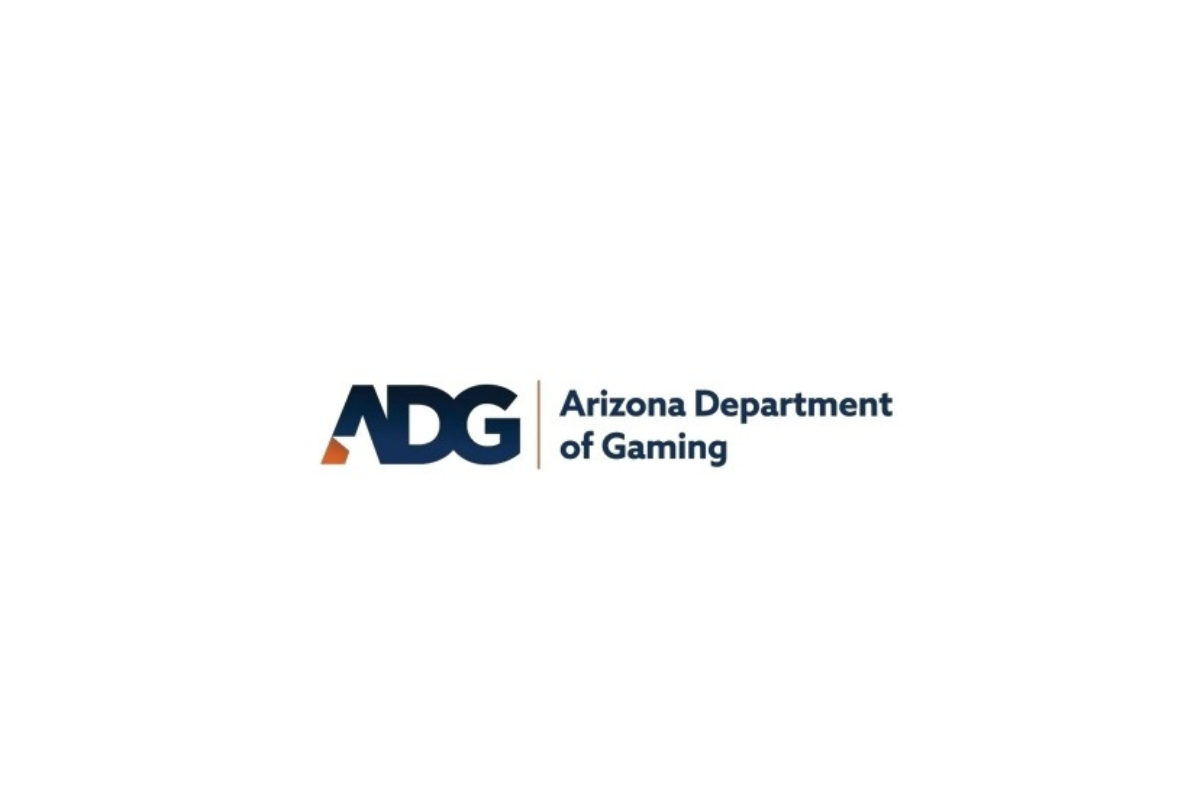
“Please Remain Vigilant: Department PSA on Gaming Scam Calls”
The Arizona Department of Gaming (“ADG”) is warning the public that gaming scam calls are on the rise in Arizona and nearby states. These scammers are pretending to be affiliated with ADG, the National Indian Gaming Commission, and the Indian Gaming Association, among many other organizations, in an effort to steal patrons’ personal information and hard-earned money. Other notable references include, but are not limited. to: the Indian Gaming Association, the Arizona Gaming Commission, the Arizona Indian Gaming Association, the New American Dream Foundation, the Publisher’s Clearing House, etc.
Legitimate organizations such as the ADG, its partner Tribal gaming regulators, and national gaming regulatory agencies will never call a patron to alert them of a “win” or “sweepstakes.” In addition, these legitimate organizations will never call a patron to alert them of delinquent taxes or fees owed to the State of Arizona or the Internal Revenue Service (“I.R.S.”). If someone claims to work for one of these organizations and makes any demands or threats relevant to the information above, they are a scammer. Keep your money safe and secure, pass the information along to others, and report the scammer immediately.
Arizona Attorney General’s Office – Tips to Avoid Falling Victim to Scams:
Verify Information: Before taking any action, hang up the phone and independently verify the legitimacy of the caller by directly contacting the organization they claim to represent by calling those organizations’ official listed phone number(s). Never use the contact details the caller provides call whoever they claim to represent directly. Scammers can mask numbers making it appear that a legitimate company or organization is calling you.
Be Skeptical: Always be skeptical of unsolicited calls, especially those asking for immediate action involving financial transactions. A government agency will never ask you to remove money from your accounts to send via bitcoin, wire transfer, or gift cards.
Only Scammers Demand Payment in Cryptocurrency: No legitimate business is going to demand you send cryptocurrency in advance-not to buy something, and not to protect your money. That’s always a scam.
Secure Your Personal Information: Never share personal information like your social security number, bank account details, or passwords over the phone with unknown callers or give anyone real-time access to your computer. Never click on a link from an unexpected text, email, or social media message, even if it seems to come from a company you know.
Consult Trusted Individuals: Always consult with a trusted family member or friend before making any substantial financial decisions, especially those involving digital currencies like bitcoin.
Report Suspicious Activity: If something feels off, it probably is. Report the call to local law enforcement and file a complaint with the Arizona Attorney General’s Office.
Business, Government, or Job Impersonator Scams:
In a business, government, or job impersonation scam, the scammer pretends to be someone you trust to trick you into sending them money. They might claim that there’s been fraud detected on your accounts and that your money is at risk. To resolve the issue, they may instruct you to send money or cryptocurrency. They might also tell you that there’s a legal problem, that you owe money, or that your accounts or benefits have been frozen as part of an investigation. They then advise you to buy cryptocurrency to fix the problem or protect your money. These are clear warning signs of a scam.
“You’ve Won” scams are a bit different. You may get a call, letter, email, or text saying that you have won. Perhaps it’s a vacation, cruise, lottery, or sweepstakes. They cannot wait for you to get your winnings, however, they advise that there are fees, taxes, or customs duties to pay. Then, they ask for your credit card number or bank account information. In some cases, they might even ask you to pay with cash, gift cards, wire transfers, or cryptocurrency. If you pay a scammer or share your information, your financial and personally identifiable information have now been breached. There is no prize. Instead, you might even receive more requests for money, and more false promises that you’ve won big.
If you believe you or someone you know has been the victim of fraud, file a consumer complaint by visiting www.azeg.gov/consumer. If you need a complaint form sent to you, contact the Attorney General’s Office in Phoenix at (602) 542-5763, in Tucson at (520) 628-6648, or outside the Phoenix and Tucson metro areas at (800) 352-8431.
It is important to note that the Federal Trade Commission (“FTC”) frequently educates the public about avoiding and reporting scams, such as “You’ve Won” scams. If you spot a scam, please report it to the FTC. Go online at ReportFraud.ftc.gov or call at 1-877-FTC-HELP (1-877-382-4357) or TTY 1-866-653-4261. Your report can help protect other people. By reporting fraud, you assist the FTC’s investigators to identify scammers and stop them before they can steal someone’s hard-earned money.
Additionally, if you believe you have been the victim of identity theft, get help from the FTC by visiting www.identitytheft.gov or by calling (877) 438-4338.
ADG takes complaints about illegal gambling seriously. To report suspected illegal gambling activity, visit our website, call (602) 255-3886, or email [email protected]. You can remain anonymous.










